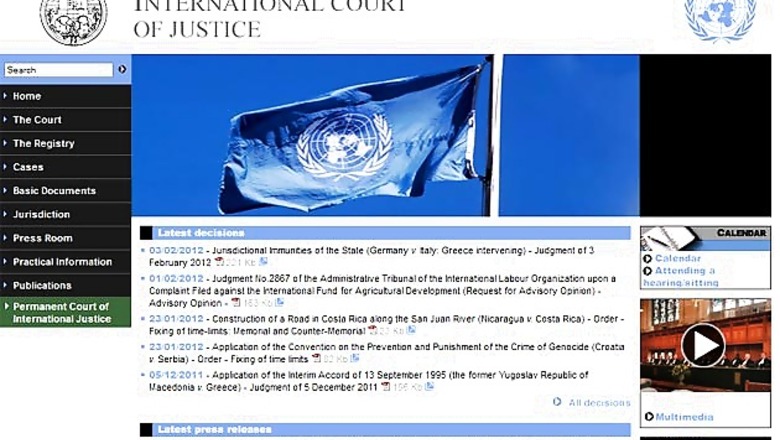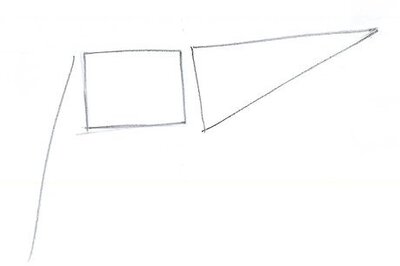
views
New Delhi: The Supreme Court on Thursday refused to quash Justice Dalveer Bhandari's nomination as a judge for the International Court of Justice (ICJ). A bench of justices Altamas Kabir, J Chelameswar and Ranjan Gogoi initially wanted to outrightly dismiss the plea for quashing Justice Bhandari's nomination for ICJ, but later allowed counsel Prashant Bhushan to withdraw it, treating it as "dismissed as withdrawn".
Appearing for the petitioner, a post-graduate law student, Bhushan argued that Justice Bhandari's nomination should not be permitted as it compromised the judiciary's independence. Asked as to how the independence of the judiciary was compromised due to the nomination of the apex court judge, Bhushan told the bench that Justice Bhandari was a sitting Supreme Court judge and the Government of India, which is a litigant before the apex court in several cases, has been lobbying for his nomination at various international fora.
The bench also questioned the petitioner's locus standi and wondered if there was any public interest involved in the issue. "What is the interest of public? He (petitioner) is not a contender so what is the public interest involved here," the bench asked.
Bhushan, however, persisted with his argument and cited the nine-judge constitution bench ruling in the Advocate-on- Record Association case, wherein it was ruled that appointment to the judiciary shall not be influenced by any executive interference. He said that it was like a sitting Supreme Court judge offering himself for a seat in the Lok Sabha and allowing the political parties to lobby for him.
Prashant Bhushan contended that in case Justice Bhandari fails to get elevated to the ICJ, he will have to come back and join as a judge which would impinge upon his judicial independence. In other words, he said, having sought the Government of India's assistance for his elevation to ICJ, it would be difficult for the judge to maintain his judicial independence, once he resumes his duty in the Supreme Court.
The bench was not impressed with the argument and said the international posts have different set of rules and it would have been more appropriate if the petitioner had questioned the legalities of the rules framed by the Government of India in nominating a person to the post.
"You should have questioned the vires of the rules in choosing a person. This is purely a question connected with international and not municipal laws," the bench remarked.
The bench further pointed out that after Justice Pathak's elevation in 1980, India was now nominating a person to the ICJ after nearly 22 years. The apex court said in appropriate cases it can examine the academic issue vis-a-vis rules of nomination for elevation to the ICJ.
"Come at the right time and we will consider it," the bench remarked while allowing the counsel to withdraw the petition.
In his brief intervention, Attorney General GE Vahanvati sought dismissal of the petition on the ground that it was frivolous and deliberately filed a day before the nomination.
He argued that Justice Bhandari's nomination to the ICJ was a matter of prestige to the entire country.
"What signal are we sending to the world? It is not a matter that can be considered," he said pointing out that the issue of nomination was in public domain since December 2011 but the petitioner chose to approach the court only at the last hour.














Comments
0 comment